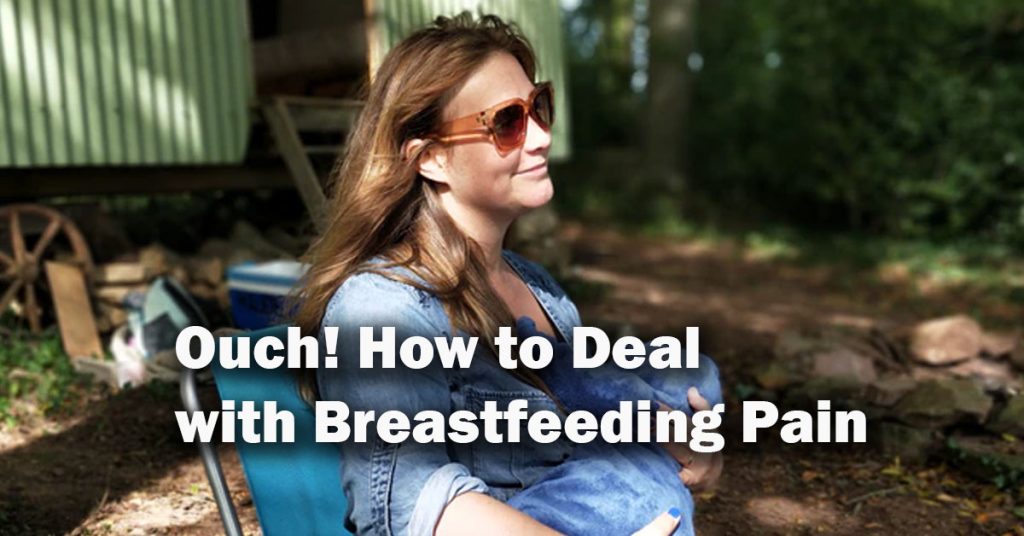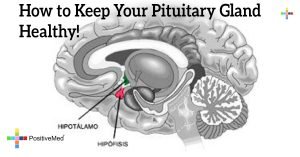Nothing compares to the joy of being a mother, especially breastfeeding your child. But it isn’t all rainbows and butterflies. Nursing usually comes with sleepless nights (hello, cluster feeding!), clogged ducts (mastitis, anyone?), and even the occasional sore nipple. But while sleepless nights are part of the territory when you have a baby, pain and discomfort don’t have to be. Here are some tried and tested ways to deal with pain during breastfeeding.

1. Check baby’s latch
Sore nipples can arise from a poor latch. Make sure that baby is taking in the entire areola (that is, the colored area surrounding the nipple) – and not just sucking on the nipple – when feeding.
To get an idea of what an ideal latch looks like, watch this video (courtesy of the International Breastfeeding Centre).
La Leche League International also provides plenty of helpful tips on how to position your baby while nursing to ensure correct latch. If you need further help, book an appointment with a lactation consultant, who can give personalized assistance in helping you achieve the ideal latch.
2. Check for tongue or lip ties
• Do you hear a clicking sound while the baby is feeding?
• Does baby still seem hungry even after nursing for an hour (or even longer)?
• Despite feeding frequently, is baby gaining weight slowly (or worse, not gaining weight at all?
• Is the baby’s tongue in the shape of a heart?
• When the baby is crying, does her tongue only reach up halfway through her mouth?
If you answered “yes” to any one of these questions, it could be a sign that the baby may have a tongue tie. Have a pediatrician or lactation consultant assess your little one for any anatomical issues and have these corrected as soon as possible.
3. Go natural
If you’re plagued by painful, engorged breasts, apply cold cabbage leaves directly on your breasts in between feedings to get some much-needed comfort. According to a study published in the Indian Journal of Community Medicine, cold cabbage leaves are effective at easing engorged breasts in postnatal mothers. (Hot and cold compresses work just as well too.)
Some moms may get painful cracked nipples during the first few days of nursing. This is usually an initial reaction to the friction from baby’s sucking and pulling, which usually goes away in a week. In the meantime, applying ultrapure lanolin to your sore nipple will help speed up healing. (Avoid applying commercial creams or ointments that are not marked safe for a baby on your nipple, as these could harm your little one.)
Looking for an even more all-natural cure to nipple soreness? The antibodies in your breast milk may hold the key. Just squeeze a few drops of your breast milk and apply it to your sore nipple.
Nursing your child is one of the most beautiful and rewarding experiences you can have as a mother. Not only that, numerous studies have proven its benefits not only to babies but moms as well. So at the first sign of pain or discomfort, don’t give up – there’s always a solution! And always remind yourself: “You’ve got this, Momma!”Attachments area






